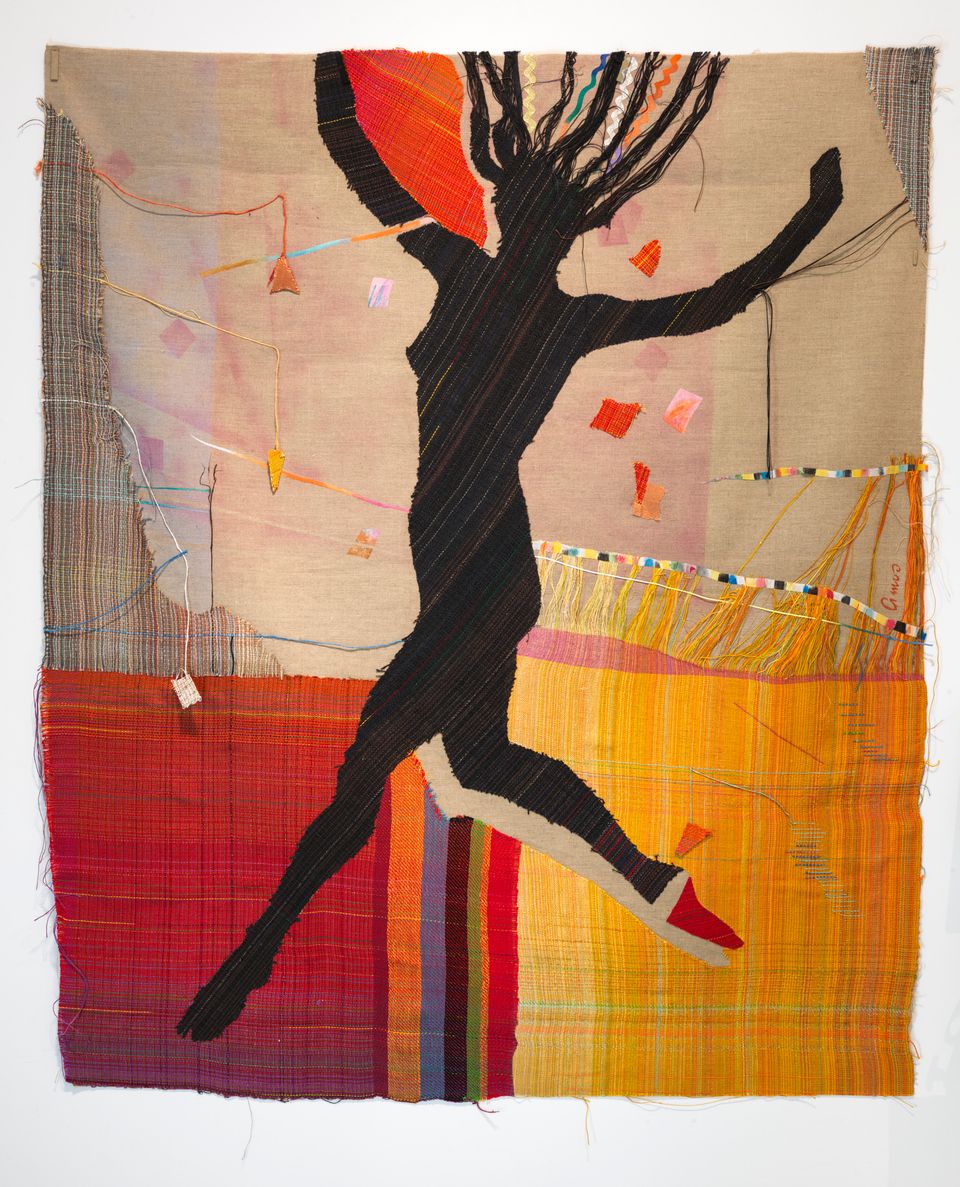Artwork Details
- Title
- Nagare VII
- Artist
- Date
- 1970
- Location
- Not on view
- Dimensions
- 80 x 9 x 9 in. (203.2 x 22.8 x 22.8 cm.)
- Credit Line
- Museum purchase
- Mediums
- Mediums Description
- woven nylon monofilament
- Classifications
- Highlights
- Object Number
- 1972.183
Artwork Description
I love the calm that my work brings to me.
--Kay Sekimachi
Nagare is the Japanese word for "flow" or "river," a reflection of Kay Sekimachi's intuitive weaving style. She first learned the fundamentals of weaving in the early 1950s at the Berkeley Adult School, where she studied fashion design. Later, at the California College of Arts and Crafts, she studied under Trude Guermonprez, a weaver trained in the German Bauhaus style that combines art and design. These courses shifted the trajectory of her career by opening her eyes to the artistic possibilities of weaving. Inspired by the structured elegance of calligraphy, origami, and lacework, Sekimachi created hanging sculptures with a multilayered weaving technique. She situated her work at the forefront of the fiber arts movement by dressing her loom with monofilament, or fishing line. The modern material allowed her to shape each woven layer by hand to create the natural effect of a rippling stream.
Verbal Description
This delicate sculpture hangs from the ceiling at almost seven feet long, with a narrow diameter of only nine inches. Created from sheer white netting, the oblong sculpture is almost transparent. Wispy tendrils of monofilament dangle in coiling curls from the sculpture’s base and drape over its top, lending it a jellyfish-like ethereality. Inside, visible through the netting, suspends a clear, horizontal ring that seems to hold the object’s shape. Layers of sheer netting appear to fuse together in some areas and fall apart in others, adding dimension to the work and creating undulating patterns like helixes or S curves. These gentle waves contribute to the airy fluidity and otherworldliness of the sculpture.














